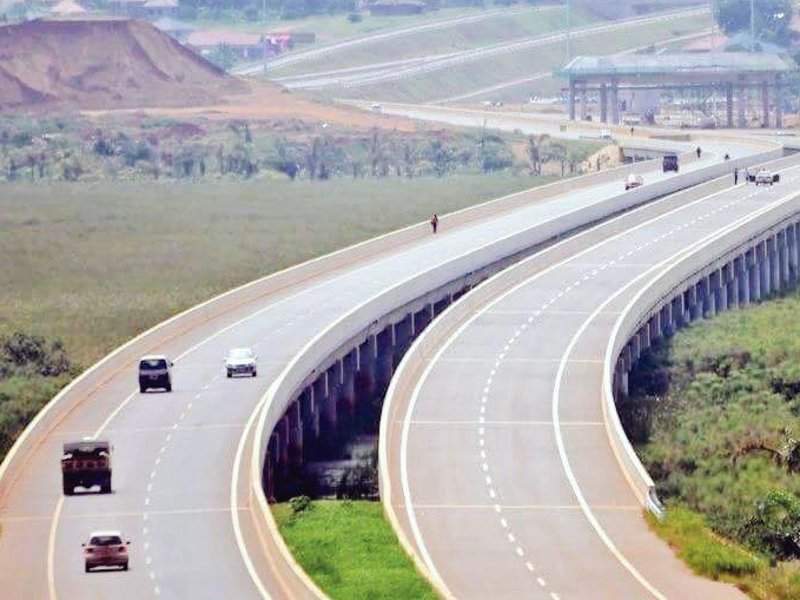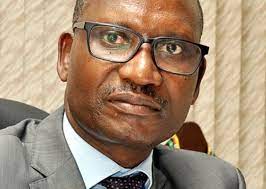TRANSPARENCY: CoST Uganda Commissions 2nd Infrastructure Transparency Index
By Patrick Jaramogi
Kampala, Uganda:
Uganda will not be safe to provide sufficient food needed for its fast-growing population, estimated at an average growth of 3.4%, the fastest in the continent.
Currently, according to the Uganda Bureau of Statistics (UBOS) Uganda has over 40 million inhabitants with the number expected to hit the 100 million mark by 2050.
And with the rural-urban migration currently at one (1) million recorded annually, experts have warned that fast solutions to land woes are necessary to curtail the impulse.
Experts who spoke at the Friedrich Ebert Stiftung and Food Rights Alliance (FRA) Uganda organized High-Level National Dialogue on the Nexus between Land Justice and Food Security, noted that land in Uganda is a critical factor of production and an essential pillar of human existence and national development.
Addressing the delegates at the Imperial Royale Hotel in Kampala on Wednesday, Rt. Hon Japyem GA. Okongo, the Prime Minister Jonam Kingdom observed that what the rural poor still base on as their wealth for livelihoods and wellbeing is land.
“But what is happening at the moment is land that belongs to the poor is being taken by investors, and at times, those affected by such government projects are not compensated but forcefully evicted,” he said.
Nora Owaraga the Managing Director CPAR Uganda said that there is nothing like rural-urban migration in Uganda. “What is happening is that people are losing land to land grabbers, mafias and ‘investors, and as thus the rural landowners are left with no option but to turn into internally displaced persons in urban areas,” she said.
Owaraga, a renown cultural anthropologist and practitioner said the government wasn’t doing much to protect the rural landowners to cherish and protect their land.
The Uganda Human Rights Commission in its 2017 report noted that “whereas this is a global concern, the problem of land disputes is more manifested in developing countries, where in addition to increasing population density, there is a global rush for acquisition of land by multinational corporations, with the aid of governments, for various forms of investments.”
Abdunassar Olekwa, the Senior Land Officer in the Ministry of Lands, Housing and Urban Development, however, said the government had done much to ensure that landowners are protected.
“What has been case was that most landowners don’t have titles for the land they call theirs, and this is what the Ministry of Lands has been pushing to ensure that whoever owns land in Uganda, has that paper (title) to show he/she owns it,” said Olekwa.
Though his comments came under attack, Olekwa pointed out that most lands in Uganda had been surveyed and ready in some areas titles handed over to the owners.
He said soon the government is coming up with a policy that will outlaw the demarcation of land in small plots of 50X100. “We realized that with such small plots, the landowners can’t don’t much in terms of developing the land further by engaging in urban farming, hence the need to phase it out,” he said.
The Friedrich Ebert Stiftung (FES) Uganda Country Director Rolf Paasch described the land issues in Uganda as ‘very wanting”
“I have been in many countries in the world, but the issues of land woes in Uganda are very unique and demand urgent attention,” he said.
He hailed Food Rights Alliance Uganda for spearheading and championing the issues of land justice and security in Uganda.
Hon Stephen Mukitale Biraahwa, the Member of Parliament for Bulisa said Agriculture still remains a key sector that supports over 80% of the nations’ population and thus issues regarding maintaining and protecting land remain paramount.

Approximately 87% of Uganda’s estimated 40 million people reside in rural areas. According to the 2016/17 National Labour Force Survey (NLFS) by UBOS, 81.3% of the rural population and 29% of the urban population in Uganda are directly employed in agriculture. This makes land the most valuable resource in Uganda.
Gloria Acayo the FRA Programs officer for Land Justice said in the recent past, the economic significance of land has been a source of conflicts and insecurity in Uganda mostly triggered by the changing patterns of land use including increased demands for land for investment, population growth, increased demand for food and biofuels, tourism, urbanization, nature conservation, mining, and climate change increase pressure on land and other development projects.
“Family land wrangles, land grabbing, illegal evictions and many other forms of land fraud and corruption have become common,” said Acayo.
She said the 2017/18 the land division of the high court had 19,990 cases of which 13,761 had been carried forward, 3,171 were disposed off showing a clearance rate of 50.9% and a disposal rate of 15.9%.
The Most land conflicts in Uganda include at least one of the following: boundary disputes, the conflicting claim of inheritance, fraudulent transactions, encroachment on conserved land, multiple claims over the same land, illegal evictions and compensation dispute among others. In most cases, affected persons are not able to access quick effective and fair responses to resolve these land disputes.
“Access to land justice thus becomes a requisite means to combat many human rights violations including the right to food hence promoting food insecurity and malnutrition. This warrants the need to start up discussions on the nexus between land justice and food security,” said Acayo.








